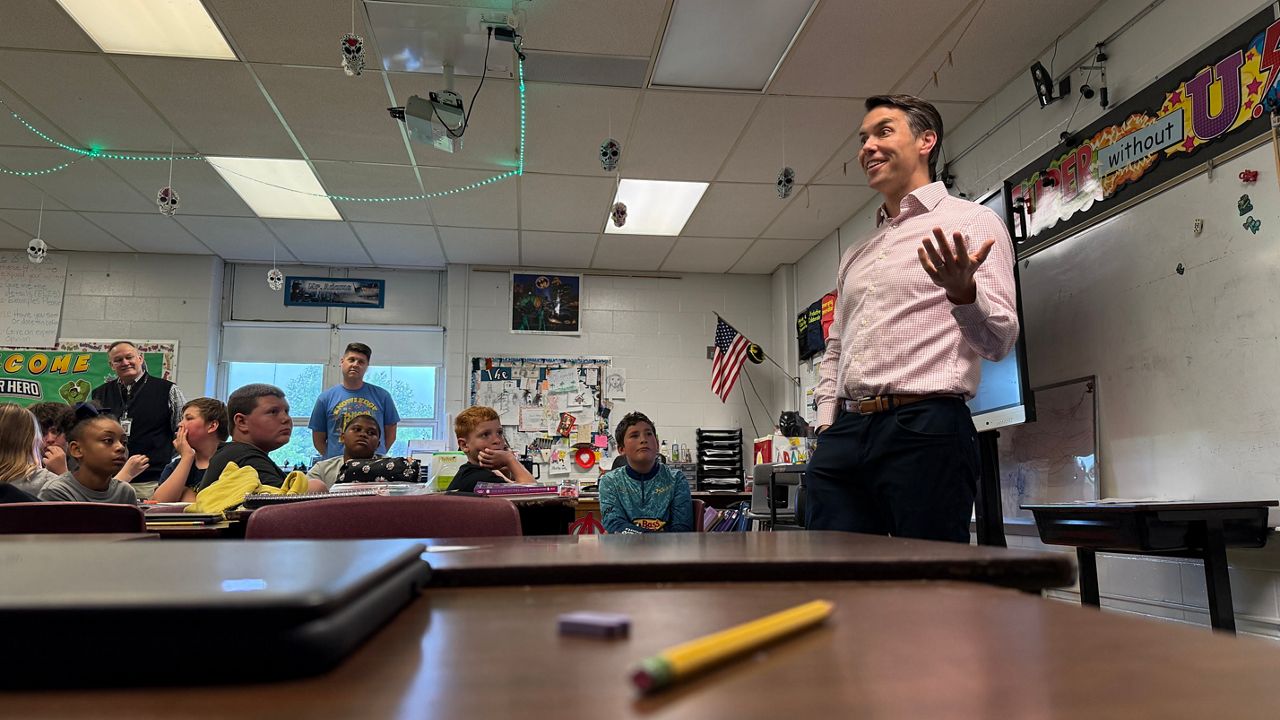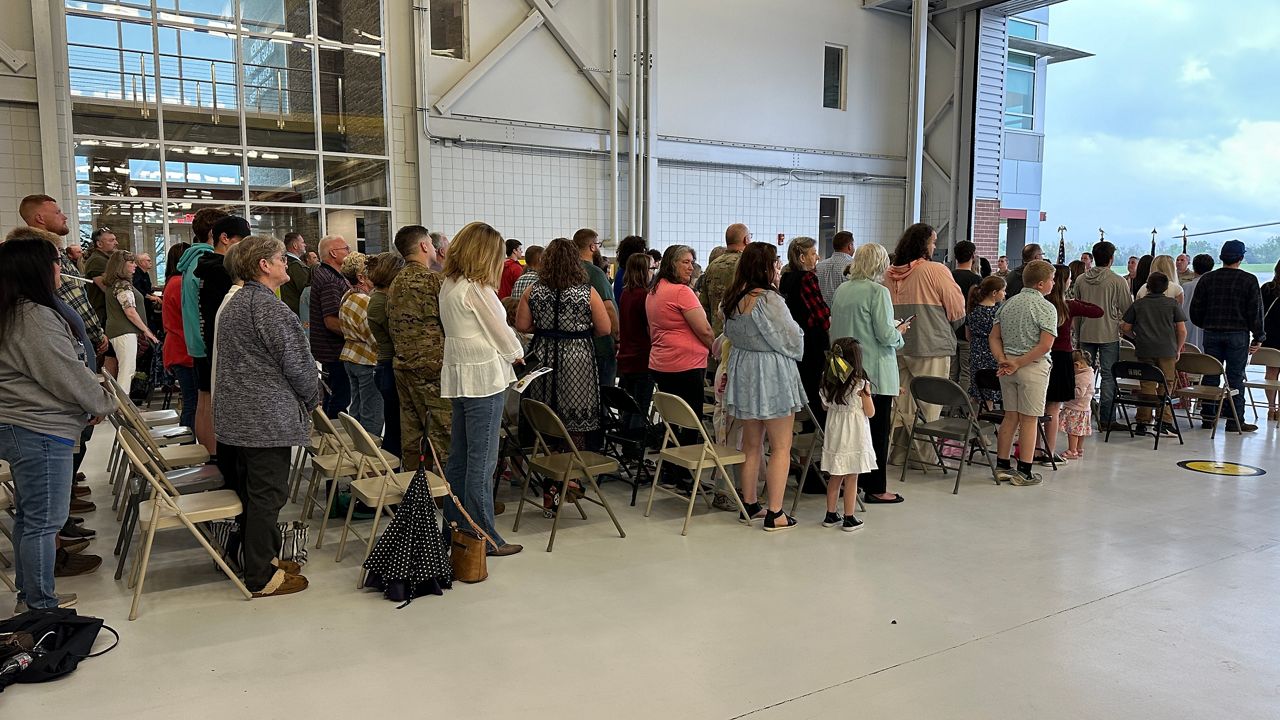LOUISVILLE, Ky. — The increase in gasoline prices isn’t just being felt by those who drive vehicles; it’s also affecting the aviation industry.
Spectrum News 1 spoke to those affected by the price hikes at Bowman Field in Louisville, a reliever airport where chartered jet pilots to flight school students fly in and out every day. From the person who buys and sells the airport’s aviation fuel to an employee who fills up the airplane and jet tanks, everyone notices the rising cost per gallon.
At Bowman Field, there are two types of aviation gas sold: aviation gas (avgas) and jet fuel. Avgas runs small piston engine planes, such as a Cessna. While jet fuel is for turbine-engine jets, like the ones you usually see the rich and famous chartering to gallivant around.
Jet fuel costs 82.3% more than it did a year ago, and it’s increased 19.5% since a month ago, according to the International Air Transport Association (IATA). Avgas is also up with an average national price of $5.87 per gallon. In comparison, last November, the cost was $3.77 per gallon of avgas, according to the U.S. Energy Information Administration.
Jet fuel and avgas propel 75% of Louisville Executive Aviation’s business at Bowman Field, according to the company’s Vice President Mark Geary.
“I’ll get a call at 2 o’clock in the morning to come out and fuel an aircraft and helicopter, whatever needs to be done,” Geary said.
Geary also fills up airplane tanks when needed, and he monitors both jet fuel and avgas prices closely since he buys and sets those prices at Bowman Field.
“I’ve seen increases of 80 cents in one week so that’s unprecedented, and I’ve never seen anything like that,” he told Spectrum News 1. “It’s a little bit scary just because I don’t want to have to raise the price 81 cents and pass that on to the customer.”
One of Louisville Executive Aviation’s customers is Dale Crigger, who owns Kentucky Flight Training Center at Bowman Field. Crigger said some of the Cessna’s his company rents out can burn up to 10 gallons of avgas per hour. Currently, jet fuel and avgas cost $6.69 per gallon at Bowman Field. Therefore, a Cessna that burns ten gallons per hour in avgas costs about $66.90 per hour on fuel alone.
Crigger said his flight school absorbed the cost when avgas first spiked a few weeks ago. However, the flight school owner upped the price to rent a plane, which includes the cost of fuel, by $10 per hour after the second spike, from $155 to $165.
“And due to the price increase, our students are averaging about a 6.5% increase on their cost in training when it comes to running the aircraft,” Crigger explained.
One of Kentucky Flight Training Center’s students is Bill Bradley. He told Spectrum News 1 he needs about 10 more hours of flying time to get his private pilot license. That license is the first step in this 36-year-old’s journey to become a commercial pilot, which requires a minimum of 250 hours of flying time. Therefore, a $10 per an hour increase adds up.
“And the owner of the company can’t just eat that so, you know, it gets pushed onto the students and whoever wants to fly an airplane, as well,” Bradley said.
Bradley, who currently works as a paralegal but aspires to be an airline cargo pilot, said he budgets the increase in airplane rental costs by flying one to two hours less per week, which he said is frustrating.
“I just want to get it over with is really the thing and having less time in the plane doesn’t help getting me there quickly,” he said.
Riley Hook is a line technician for Louisville Executive Aviation, who said he started driving around the fuel truck to fill up airplanes’ tanks two weeks ago.
“I’m driving around all day putting hundreds and hundreds of gallons into airplanes all day, but a gas station goes through way more than that,” he said, regarding why this job has made him more aware of how much gas we all use.
However, the 24-year-old said it won’t change the way he consumes gas while driving, but it’s fuel for thought when flying.
“Before I had this job, I fly too, and I didn’t really pay attention to aviation gas prices. I just assumed it was part of the cost of flying. So, I’ll pay more attention to that now,” he said.
Hook said increased jet fuel and avgas prices won’t change how much he flies because it’s always worth it to go up in the air. Plus, his career goal is to be a commercial pilot so he’s eager to not have his training drag by flying less. However, he said if he were just flying for recreation, then he actually might fly less since gas prices are higher.
There is also concern within the aviation and travel industry that jet fuel price increases could affect airline operating costs, which could drive up airfares. A Boeing 757, for example, holds 11,489 gallons of jet fuel.










